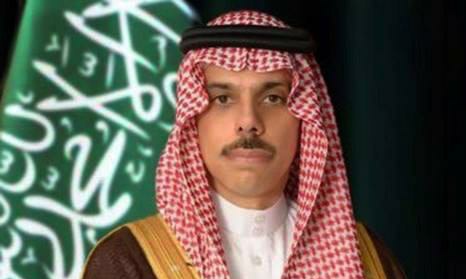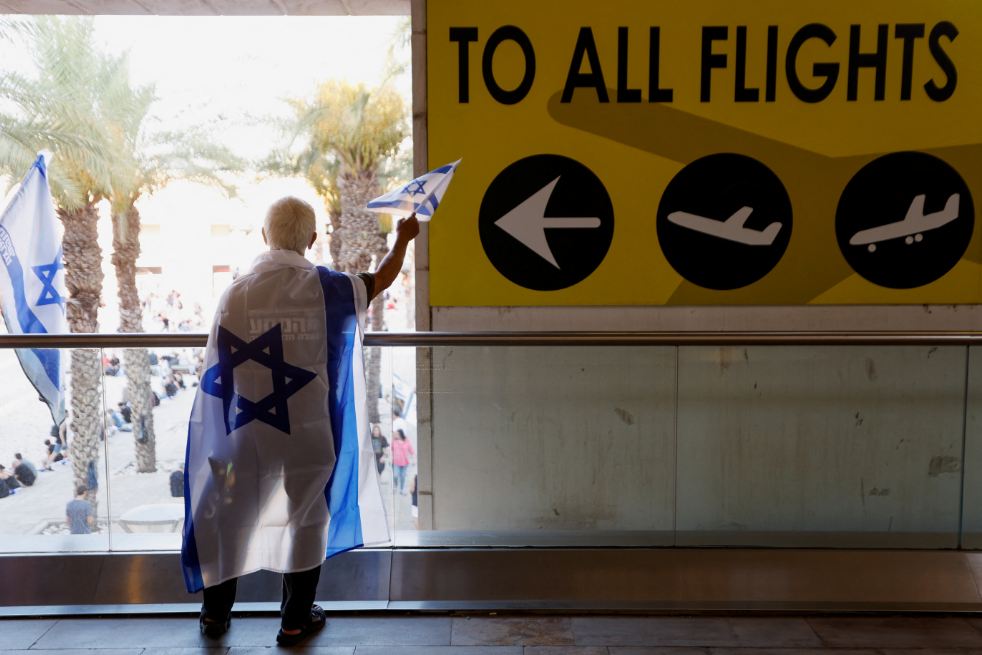Seven-Member Delegation from Arab and Islamic Countries to Visit India as Part of Gaza Crisis Initiative
New Delhi – A delegation consisting of seven foreign ministers from Arab and Islamic countries, chosen in Riyadh, is scheduled to visit India as part of an initiative aimed at addressing the ongoing crisis in Gaza, according to sources. While the exact date of their visit to India is yet to be finalized, the delegation comprises the foreign ministers of Egypt, Saudi Arabia, Qatar, Jordan, Palestine, Indonesia, and the General Secretary of the Organisation of Islamic Cooperation (OIC).
The primary objective of the delegation is to engage with officials from the five permanent members of the United Nations Security Council (P5), namely the United States, Russia, China, France, and Britain. They seek support in persuading Israel to halt hostilities in Gaza, leading to an immediate ceasefire.
The visit comes on the heels of an extraordinary joint Arab and Islamic summit held in Riyadh on November 11, 2023. The participating ministers intend to discuss urgent measures for a ceasefire in Gaza, initiate a genuine political process, and address humanitarian concerns.
The delegation’s first stop was in Beijing, where they met with China’s top diplomat, Wang Yi. During the meeting, they called for an immediate ceasefire in Gaza and the delivery of humanitarian aid. Wang expressed China’s support for Arab and Islamic countries, underscoring their commitment to the just cause of the Palestinian people.
Wang stated, “China is a good friend and brother of Arab and Islamic countries. We have always firmly safeguarded the legitimate rights and interests of Arab [and] Islamic countries and have always firmly supported the just cause of the Palestinian people.”
Despite China’s growing economic ties with Israel, the delegation urged greater involvement from major powers, including China, to halt attacks on Palestinians. They emphasized the necessity of a comprehensive political solution based on United Nations decisions and the Arab Peace Initiative.
According to reports, Egyptian Foreign Minister Sameh Shoukry conveyed to his Chinese counterpart, “We look forward to a stronger role on the part of great powers such as China in order to stop the attacks against the Palestinians in the Gaza Strip. Unfortunately, there are major countries that give cover to the current Israeli attacks.”
Riyad Al-Maliki, the Palestinian Authority foreign minister, stated, “This isn’t Israel’s first war against the Palestinian people. However, Israel wants this to be its last war, where it takes full control of the Palestinian people’s presence on what’s left of the historical land of Palestine.”
After Beijing, the delegation proceeded to Moscow, where they held discussions with Russian Foreign Minister Sergey Lavrov. Both parties acknowledged the urgent need for a sustainable ceasefire in Gaza, with a focus on protecting civilians, establishing humanitarian corridors, releasing hostages, and facilitating evacuations.
Lavrov emphasized the significance of a peace process based on a two-state solution, highlighting the importance of a ceasefire and the release of hostages. The delegation condemned terrorism and advocated against the indiscriminate use of force on civilian targets.
A statement from the Russian Foreign Ministry read, “While strongly condemning terrorism, the participants of the meeting emphasized the unacceptability of confronting this evil using methods of collective punishment and an indiscriminate use of force against civilian targets.”
The statement further added, “There is no alternative to a comprehensive political solution to the Palestinian problem based on the decisions of the United Nations and the Arab Peace Initiative.”
The ministers rejected the use of self-defense as a pretext for the humanitarian tragedy. Saudi Foreign Minister Prince Faisal stated that a ceasefire is a prerequisite for discussing Gaza’s future, emphasizing the cessation of violence against civilians and civilian areas.
As the delegation prepares to visit India, hopes are high for meaningful discussions and collective efforts to bring about an end to the Gaza crisis, facilitate humanitarian aid, and pave the way for a lasting political solution.



